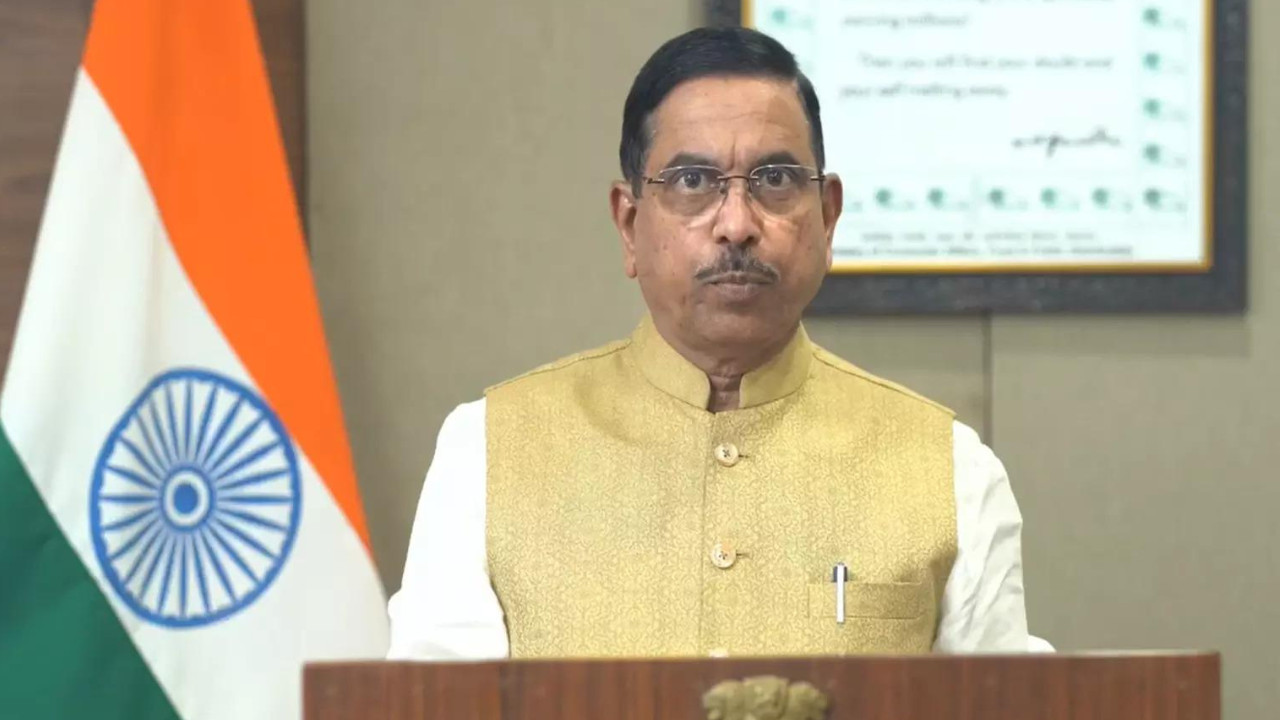Donald Trump claims Japan will invest $550 billion in the US under a new trade framework, though details remain under negotiation. Trump suggests the US would receive 90% of profits from these investments, calling it a “signing bonus” linked to tariff reductions.
Is This Really a Deal? Japan’s $550 Billion Pledge to the US
Donald Trump recently hinted at a massive investment commitment from Japan to the United States, supposedly totaling a staggering $550 billion. The former president framed this as a strategic move by Japan to potentially ease trade tensions and lower tariffs. But is this a done deal, or just wishful thinking? Let’s dive into the details and explore what this could really mean.
The Promise of a Massive Investment
The headline figure is undoubtedly attention-grabbing. $550 billion is a significant sum of money, capable of fueling substantial economic activity. Trump implied that this investment was a direct result of his prior negotiations with Japan and would serve as a tangible benefit for the American economy. He alluded to this as “seed money,” suggesting it would trigger further growth and solidify the economic relationship between the two nations.
But, as always, the devil is in the details. While the idea of such a massive influx of capital is enticing, the specifics surrounding the nature and terms of this “investment” remain murky. What sectors will benefit most? What form will this investment take – direct investments, infrastructure projects, or something else entirely?
A Closer Look at the Nuances of the Japan US Economic Relationship
The economic relationship between the United States and Japan is already deeply intertwined. Japan is a major investor in the US, with significant holdings in various sectors, including manufacturing, technology, and real estate. This existing foundation makes the prospect of additional investment plausible, but also necessitates careful scrutiny. It’s crucial to distinguish between new commitments and the continuation, or even repackaging, of existing investment plans.
Japan has been actively looking for ways to strengthen its economic ties with the US. Investing in the US market provides access to a large consumer base, advanced technology, and skilled labor. This could be a strategic move to diversify their portfolio and reduce their reliance on other markets.

Could Investment Ease Tariff Tensions?
Trump’s claim that this investment would lead to lower tariffs raises interesting questions about the relationship between trade and investment. While investment can certainly foster goodwill and strengthen economic ties, it doesn’t automatically guarantee tariff reductions. Trade policy is complex and influenced by various factors, including geopolitical considerations and domestic political pressures.
The United States has, in recent years, taken a more assertive stance on trade, imposing tariffs on various goods from different countries. While the prospect of a massive investment could certainly be used as leverage in trade negotiations, it’s unlikely to be the sole determining factor.
The Importance of Verification
So, what can we take away from this? While the announcement of a potential $550 billion investment from Japan is exciting, it’s crucial to approach it with a healthy dose of skepticism. We need more information about the specifics of this investment:
* What form will the investment take? Direct investment, infrastructure projects, or something else?
* Which sectors will benefit? Manufacturing, technology, energy, or a combination?
* What are the specific terms and conditions? Repayment schedules, interest rates, and any strings attached?
Until these details are clarified, it’s difficult to assess the true impact of this alleged investment. A wait-and-see approach is warranted. This could be a game-changer for the US economy, or it could simply be a rehashing of existing commitments dressed up as a new deal.
Related content: A previous blog post discussing US foreign investments.
Final Thoughts: A Step in the Right Direction?
Regardless of the ultimate details, the prospect of increased investment from Japan underscores the importance of the US-Japan economic partnership. Strong economic ties are mutually beneficial and can contribute to greater stability and prosperity for both nations. Whether this particular commitment will materialize exactly as portrayed is yet to be seen. However, the willingness to explore new avenues for investment and collaboration is a positive sign for the future of this vital relationship. More information is needed, but any effort to strengthen international trade and investment should always be looked at as a potential boon for the economy.







